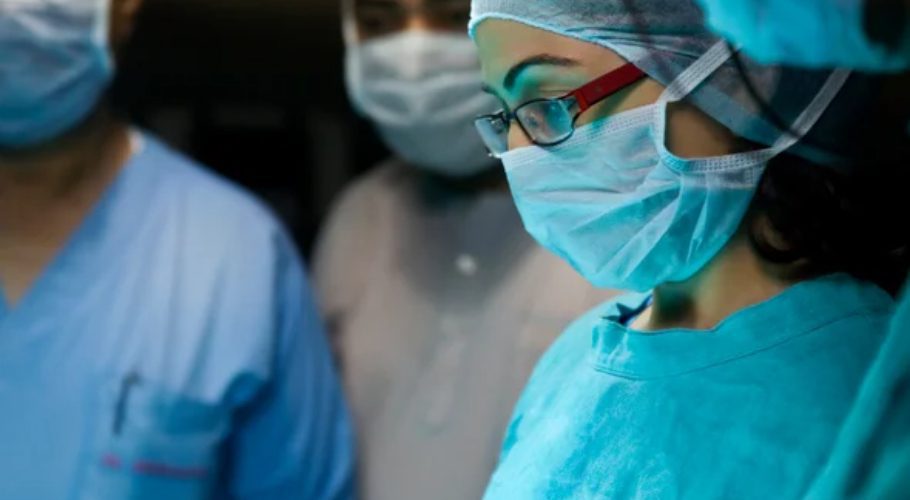LONDON: Female surgeons have been sexually harassed, assaulted and in some cases raped by their colleagues in the United Kingdom, a new report has revealed.
The revelations were made after an analysis of NHS staff by the University of Exeter, the University of Surrey, and the Working Party on Sexual Misconduct in Surgery. The report is being published in the British Journal of Surgery.
In the survey, registered surgeons – men and women – were invited to take part completely anonymously and 1,434 responded. Half of the respondents were women.
The survey revealed that 63% of women had been the target of sexual harassment from colleagues, 30% of women had been sexually assaulted by a colleague, and 11% reported forced physical contact related to career opportunities.
At least 11 incidents of rape were reported in the survey. 90% of women, and 81% of men, had witnessed some form of sexual misconduct. While the report shows men are also subject to some of this behaviour (24% had been sexually harassed), it concludes men and women surgeons are “living different realities”.
The study’s authors say there is a pattern of female trainees being abused by senior male surgeons which is happening in NHS hospitals. The Royal College of Surgeons said the findings were “truly shocking”.
BBC News spoke to women who were sexually assaulted in the operating theatre while surgery took place. The women revealed being fondled inside their scrubs, wiping their brow on their breasts, and men performing sexual acts against female staff. Some were offered career opportunities for sex.
Nearly two-thirds of women surgeons that responded to the researchers said they had been the target of sexual harassment and a third had been sexually assaulted by colleagues in the past five years. The women said they fear reporting incidents will damage their careers and they lack confidence the NHS will take action.
A second report called ‘Breaking the Silence: Addressing Sexual Misconduct in Healthcare’ is making recommendations for change to address the problem.
The reports suggest the relatively lower proportion of women surgeons (around 28%), combined with surgery being deeply hierarchical gives some men significant power in surgery.
There was also a lack of faith in bodies such as NHS Trusts, General Medical Council (which manages the UK’s register of doctors allowed to practice) and the Royal Colleges (which represent specialties in medicine) – to tackle the problem.
Royal College of Surgeons of England President Tim Mitchell said the survey’s findings are “deeply shocking and will be a source of great embarrassment to the surgical profession”. He acknowledged it is “clear it is a common problem” that has not been addressed.
“We need to put in place a culture of zero tolerance to ensure that there are mechanisms that mean people who are affected feel confident they can come forward, report these incidents and they will be taken seriously,” he said.
The General Medical Council last month updated its professional standards for doctors. Its chief executive Charlie Massey said “acting in a sexual way towards patients or colleagues is unacceptable” and that “serious misconduct is incompatible” with continuing to practice medicine in the UK.



































